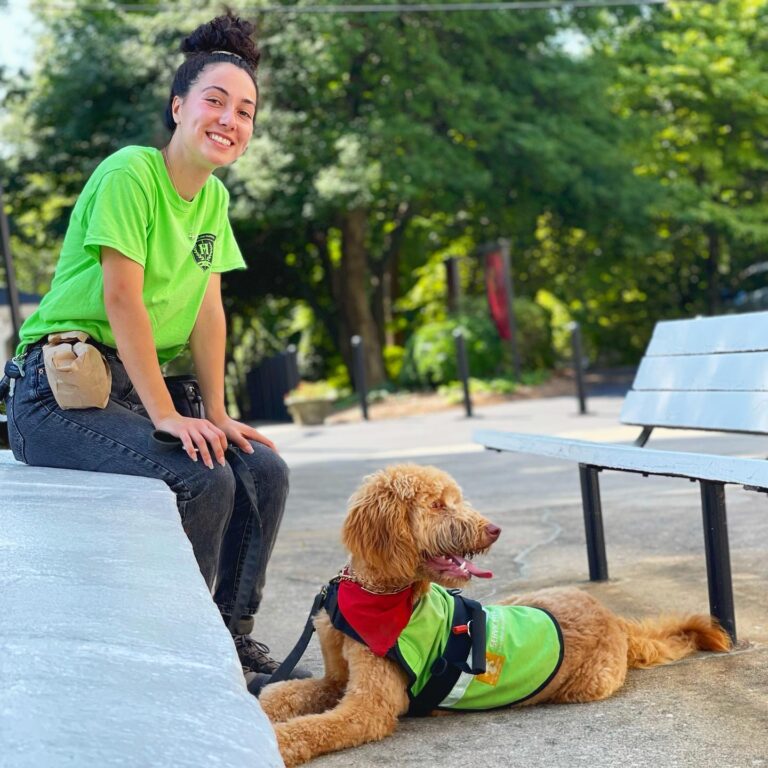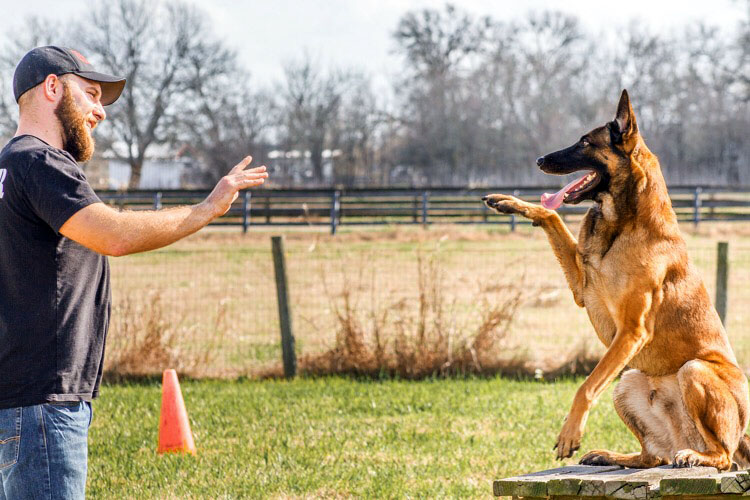Dog training is not only about training a dog; it is about building relationships, understanding dog behavior, and effective communication. To develop positive and effective relationships with canine clients, what are some mental skills a professional dog trainer should possess?
Patience
Dogs will learn at their own pace, and as a trainer, you need to be patient with them. Don’t rush the training process because it might lead to behavioral issues. Help a dog master a new skill by breaking down it into little steps.
Empathy

An empathetic trainer should aim to help the dog learn new behaviors without causing stress or fear. Understanding how a dog thinks and feels can help dog trainers teach them more effectively. It is important to be able to read body language and interpret what a dog is trying to communicate.
Creativity & Adaptability
Every dog is different and requires varying training techniques. Being creative and adaptable in training methods can help you find the best approach for each individual dog.
Observation

Dog trainers should always pay attention to the dogs they are training. They should be able to pick up nonverbal cues from the dogs and adjust accordingly.
Confidence
Dogs can sense when a trainer is nervous or unsure, which can make them less likely to follow commands. Being confident and assertive in your training can help dogs feel more secure and improve their behavior.
